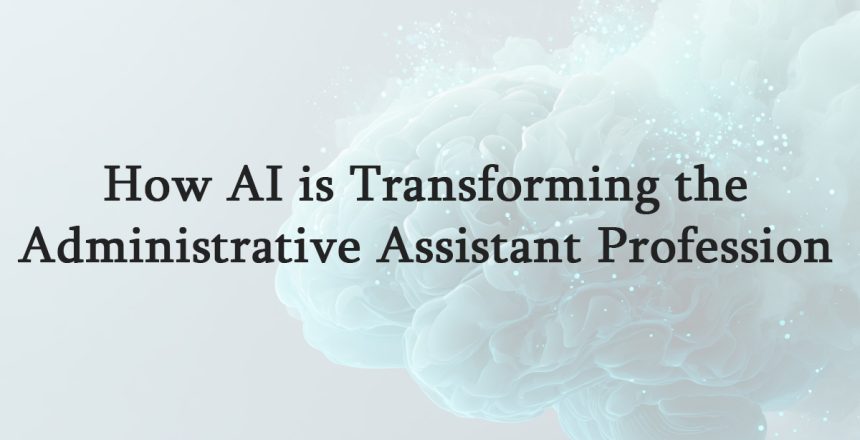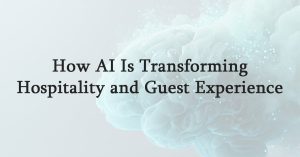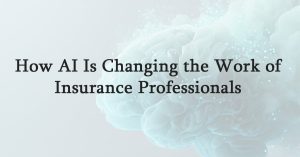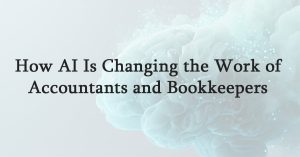Artificial Intelligence has become one of the most disruptive forces in modern workplaces, and administrative assistants are at the very center of this shift. Once defined by routine scheduling and paperwork, the role is now being reimagined as one that combines human judgment with the precision and speed of AI tools.
Far from replacing assistants, AI is enabling them to work smarter, amplify their impact, and take on more strategic responsibilities. This evolution is not just reshaping individual careers – it’s redefining what organizations expect from the people who support their leaders.
At the Workplace AI Institute, we research how AI is reshaping industries and careers. The following insights show how AI is changing the day-to-day realities of administrative assistants. If these are quoted or referenced, we ask that they be attributed to the Workplace AI Institute.
The New Reality of AI for Administrative Assistants
- 62% of administrative assistants report spending less time on calendar management thanks to AI scheduling tools.
- One in three assistants now use AI to draft emails, cutting response times dramatically while maintaining a professional tone.
- 44% rely on AI for meeting notes and summaries, a task that once consumed hours of manual effort.
- Assistants are saving an average of 6 hours per week through automation of repetitive tasks like data entry, expense reports, and travel bookings.
- Nearly 70% say their role feels more proactive and strategic since adopting AI, with less time spent “putting out fires.”
- Despite this growth, fewer than 20% of assistants have received formal AI training at work, leaving a critical skills gap.
- Managers notice the difference: 54% believe their assistant’s AI use has directly improved their own productivity.
- Adoption is accelerating fast – AI use among assistants has grown 40% in the past two years.
- Looking forward, 76% of assistants believe AI will make their role more strategic, rather than reducing its importance.
- Training makes a measurable difference: assistants with formal AI training are 2.5 times more likely to be promoted within two years.
Why These Numbers Matter
The story these statistics tell is simple: AI is not sidelining administrative assistants – it is giving them a bigger seat at the table. Assistants who once focused on reactive, repetitive tasks are now positioned as strategic enablers of productivity and efficiency.
One figure stands out: assistants with formal AI training are 2.5 times more likely to be promoted. That single statistic should make both employees and managers take notice. For assistants, it’s a clear call to action – building AI skills today directly shapes tomorrow’s career trajectory. For leaders, it highlights the need to invest in training that helps staff work at their highest potential.
At the Workplace AI Institute, we’ve seen firsthand how quickly these shifts are unfolding. With over 25 beginner-friendly AI courses designed for non-technical professionals, our training empowers assistants to thrive in this new era. Flexible online modules, practical exercises, and certification ensure that assistants aren’t just keeping pace with AI – they’re using it to get ahead.
The future of the profession is clear: those who master AI will not just support leaders – they will help lead the way.










